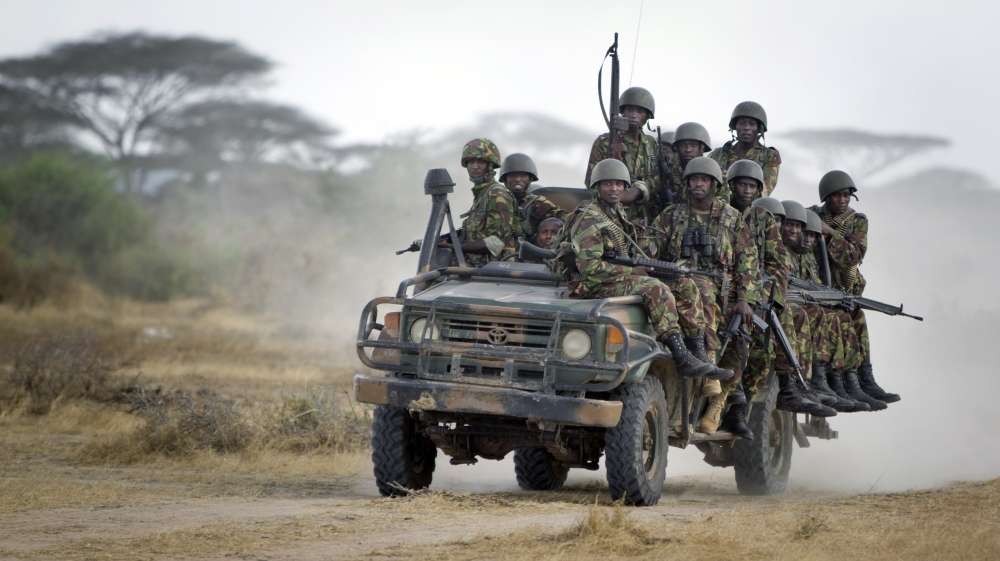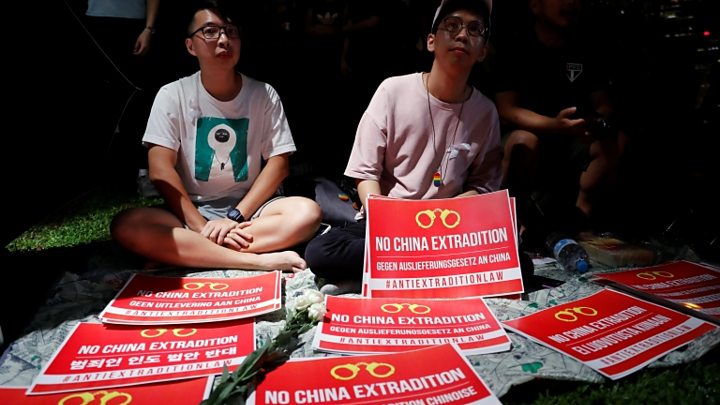Nine suspects allegedly involved in the attempted murder of former Boston Red Sox player David Ortiz have been ordered to remain jailed for at least a year while awaiting trial in the Dominican Republic.
CNN reported that the alleged gunman and eight other suspects who were charged in the shooting of Ortiz at a nightclub in Santo Domingo were ordered held by a judge Friday. Meanwhile, the Boston Globe reported that a 10th suspect has turned himself in to authorities.
Authorities now have two days to bring him before the court, according to Jose Martinez — a lawyer for Dominican variety show producer Joel Lopez, who was also injured in the attack.

Report: David Ortiz shooting leads to 9 arrests in Dominican Republic
More arrests are reported in connection with the shooting of beloved Red Sox slugger David Ortiz.
The nine suspects, which include eight men and one woman, were reportedly rushed to court Thursday night in a police pickup truck to face charges.
Dominican authorities reportedly said the suspects were offered about 400,000 Dominican pesos, or roughly $7,800 to shoot Ortiz, a native of the Dominican Republic.
Authorities told reporters that one of the suspects, Rolfy Ferreyra, confessed to the shooting. The alleged gunman and at least one other suspect are reportedly wanted for crimes in the United States.
A grand jury indicted Rolfi Ferreira-Cruz, a 25-year-old from Reading, Pennsylvania, in connection with two armed robberies in New Jersey in 2017, the Associated Press reports. New Jersey prosecutors reportedly said this week that the man still wanted in connection with those robberies is the suspected shooter in the Ortiz shooting, though they did not address the different name spellings.
A prosecutor in Pennsylvania has said another suspect in the shooting could be the same man wanted on attempted murder charges for the homicide of a man in Reading, Pennsylvania in April 2018, according to reports.
Speaking to reporters from behind bars, the alleged gunman claimed on Friday that Ortiz was not his intended target, the Globe reported. Relatives of some of the suspects have also insisted that their family members were not involved or were small players in some one else’s scheme.
Authorities said the plan to release further details about the motive and a “complete narrative” of the incident next week.
Ortiz, who was shot in the back, remains at Massachusetts General Hospital, where he was flown after hours of surgery in the Dominican Republic earlier this week. His wife Tiffany and daughter Alexandria have shared statements thanking the public for the outpouring of support.
https://www.lehighvalleylive.com/news/2019/06/judge-orders-suspects-in-david-ortiz-shooting-to-remain-in-jail-at-least-1-year-10th-suspect-reportedly-turns-himself-in.html
2019-06-15 11:33:00Z
52780313906740




